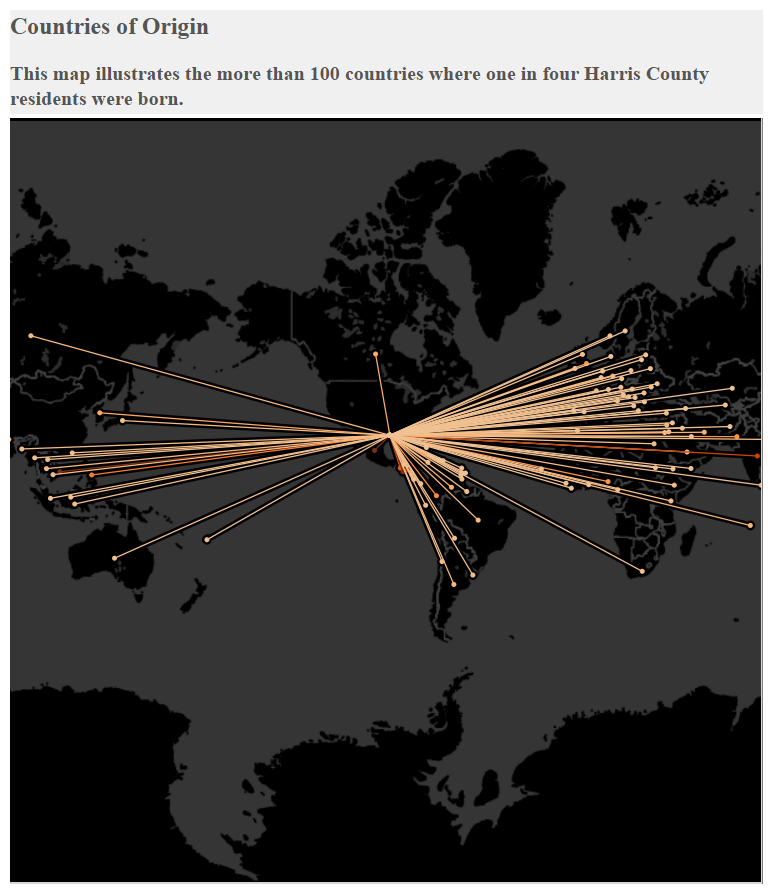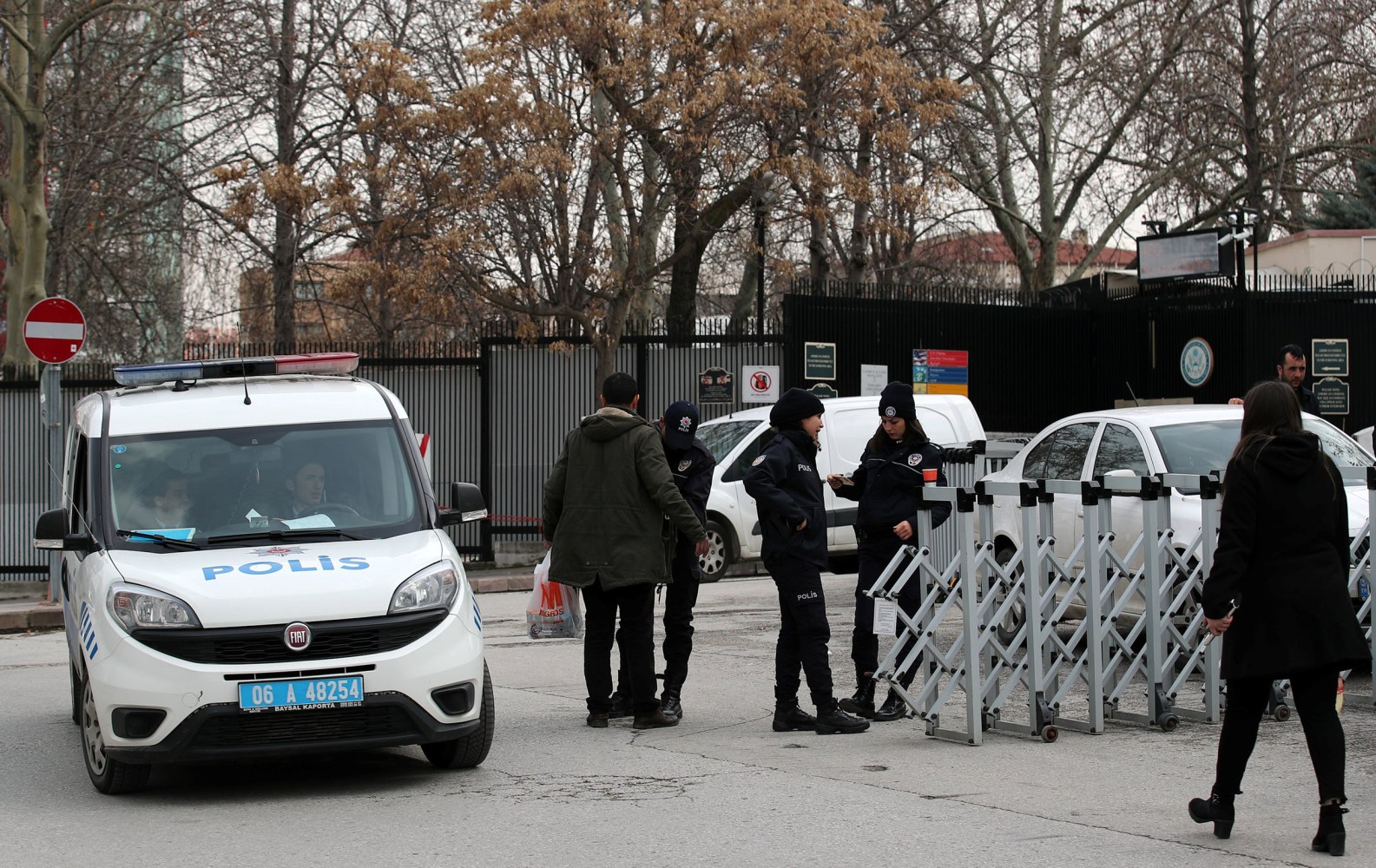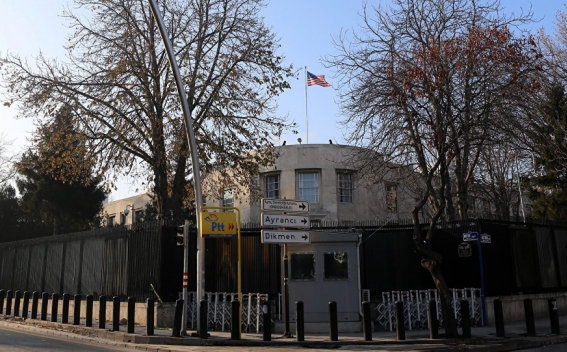|
SCHOOL SECURITY IN ISRAEL |
| By: Michael Csere, Legislative Fellow |
What steps Israel has taken to protect its public schools and university students from terrorist attacks and gun violence? Granted, Israel is smaller and has a vast number of terror threats as compared to the United States, however security there is a duty of just about every citizen.
SUMMARY
Our research indicates that Israel has taken a number of steps to protect schools and students from terrorist attacks and gun violence, with a greater emphasis on the former.
Israeli law currently requires a guard in schools of 100 or more students. These guards are generally employed by private security companies, while the Israel Police (the country’s civilian police force) have overall responsibility for guidance, oversight, and control for the entire security system of educational institutions, from kindergartens through universities. The law permits certain individuals to carry firearms in schools.
There has been considerable controversy over the law’s funding and implementation, including criticism of the expertise and capability of the guards. While not required to have them, some schools, notably smaller ones, have experienced difficulty funding security guards.
Additionally, the Israeli Ministry of Education has provided funding to (1) construct shelters and fences, (2) add reinforced protection to school buses, (3) hire and train security guards, and (4) provide professional psychological care to treat students’ emotional reactions to terrorist attacks. Armed security guards sometimes accompany students on field trips, although it is unclear whether this is currently mandated or how frequently it occurs.
The Ministry has also collaborated with the Israel Police to provide security awareness training elementary-age students. And at least one high school has adopted its own security protocols.
ISRAELI LAW
Security Guards
According to officials at the U.S. Embassy in Jerusalem and the Israeli Embassy in Washington, D.C., Israeli law currently requires educational institutions with more than 100 students to post a guard. The Security and Emergency Department within the Israel Police has the overall responsibility to provide security for all schools and surrounding areas, while the guards actually stationed at the schools are generally employed by private security companies working with local authorities. The principal of each school oversees the specific security arrangements, and must appoint a designated security aide to assist with these arrangements.
By law, the guard must check the school site 30 minutes before school starts. He or she then checks people and vehicles entering the school and can permit or refuse entry to unauthorized people. The guard is generally stationed at the school entrance and is responsible for security outside the school (but not internal security issues, like fights between students). In the event of actual hostile activity (essentially terrorist in nature), the guard must engage with the attacker or attackers.
In the last Knesset (the Israeli legislature), a bill was introduced authorizing guards to intervene in certain cases inside schools. This was in response to a perceived rise in non-terror-related violent incidents in schools (i.e., fights between students). The proposal failed.
Authorization to Carry Firearms in Schools
The law permits the following people to carry firearms in schools:
- the guards (provided they are the security company’s property and not their own weapons),
- authorized Education Ministry personnel using ministry firearms,
- the police, and
- the army.
According to the U.S. and Israeli embassies, the lawful purposes for carrying firearms are to (1) protect school personnel and students, (2) create a sense of security, (3) deter the ill-intentioned, and (4) provide self-defense. The guard must possess a valid license to carry guns issued by the Ministry of Public Security and the Israel Police. The qualifications of the license holder normally include a high school diploma, clean record, and weapons training. Additionally, strict protocols and guidance exist regarding carrying a weapon and the types of weapons that can be carried.
IMPLEMENTATION AND CONTROVERSY
According to an Israeli Embassy official, the security apparatus for each educational institution is determined by the threat level for that particular institution. For instance, there is a difference in specific security arrangements between institutions near the Green Line (the demarcation lines set out in the 1949 Armistice agreements between Israel and its neighbors), those in cities with mixed populations, and those in cities near conflict zones (i.e., the northern and southern borders). Most of the institutions have fences, cameras, and an armed security guard stationed at the school entrance.
The Israel Police create a file for each institution, which includes the number of students and staff, phones, means of communication, and private security companies that work with the school. The Police also visit and inspect schools, and make daily contact with civilian security companies. The Police inspect and train private security companies, and provide guidance to local government security officers.
Professor Gerald Steinberg, a professor of Political Science at Bar-Ilan University in Israel and the Executive Director of NGO Monitor (an organization that provides information and analysis on the activities of non-governmental organizations), noted that the specific response to terrorist attacks and gun violence varies by school. While armed guards, police, or soldiers are stationed at some schools, in less threatened areas unarmed guards or parents are stationed at the school’s entrance to check for unauthorized people and suspicious packages. Professor Steinberg also noted that cameras are used in some schools, and in his opinion, provide only a minor deterrent. He further asserted that the greater threat of attacks in Israel comes from Palestinian and allied terrorists living outside Israel’s borders rather than domestic threats, thus schools are defended on that basis. In fact, he stated, Israelis have used weapons in domestic conflicts in very few cases.
The U.S. Embassy official noted several areas of controversy over the posting of security guards in schools. For example, the actions and competence of the guards have been criticized, and there have been arguments over funding.
As noted above, the guards are generally private security company employees. Local police refuse to guard schools themselves: for professional reasons, they regard it as a waste of manpower and prefer to use roving car patrols and intelligence activities to protect the educational institutions. The guards themselves have been criticized: they are not highly paid (frequently earning close to minimum wage), leading some to question their ability to repel a determined attacker. Also, a few guards have used their company guns to pursue inappropriate or illegal matters, which has drawn further criticism. For example, in one case, a guard was tried for manslaughter after shooting dead an electrical repair technician who tried to get into a school by climbing over a fence..
Additionally, disputes have arisen between the finance ministry, local authorities, the Ministry for Internal Security (oversees the Israel Police), and the Education Ministry as to who should pay for the guards. Because certain minimum student enrollment is required to qualify for government funding for security needs, a number of smaller schools have had difficulty paying for security guards. In response, the United Jewish Communities’ Israel Emergency Campaign and various Jewish communities abroad have raised money to provide security at smaller schools.
OTHER SECURITY MEASURES
The Ministry of Education, together with the Israel Police’s Community & Civil Guard Department, designed and implemented a preventive care program for elementary schools called “Elementary Security.” The program aims to encourage safe behavior and prevent all forms of violence through a series of classroom lessons taught by a community police officer in conjunction with the teacher. It focuses on the role of police officers, forms of violence, and safe behavior.
The Eisendrath International Exchange High School in Israel reports that it has taken the following safety and security measures to protect students:
- daily review of itineraries and changes as needed to provide the highest level of security,
- daily consultations with the security department of the Jewish Agency for Israel,
- no travel through Palestinian controlled areas of the West Bank or Gaza Strip,
- use of the school’s own chartered buses rather than public transportation,
- Israeli-trained security guard traveling with each group on a daily basis,
- orientation for staff and participants including safety and security procedures and protocols, and
- contingency plans to move groups to safety or bring groups home if necessary.
SOURCES
Eisendrath International Exchange High School in Israel, Safety and Security, http://www.nftyeie.org/experience/security/, last visited on February 4, 2013.
Israel Ministry of Education, The Israeli Education System Strives to Protect Its Schools and Students from Terror, http://www.education.gov.il/children/page_54.htm, last visited on February 4, 2013.
Israel Ministry of Public Security, Elementary Security: Learning About Crime Prevention, http://mops.gov.il/Documents/Publications/InformationCenter/Innovation%20Exchange/Innovation%20Exchange%2013/ElementarycrimeStudying.pdf, last visited on February 4, 2013.
The Jewish Agency for Israel, Safety of Children a Top Priority, http://www.jewishagency.org/JewishAgency/English/About/Press+Room/Jewish+Agency+In+The+News/2002/expdec11.htm+1.htm, last visited on February 4, 2013.








